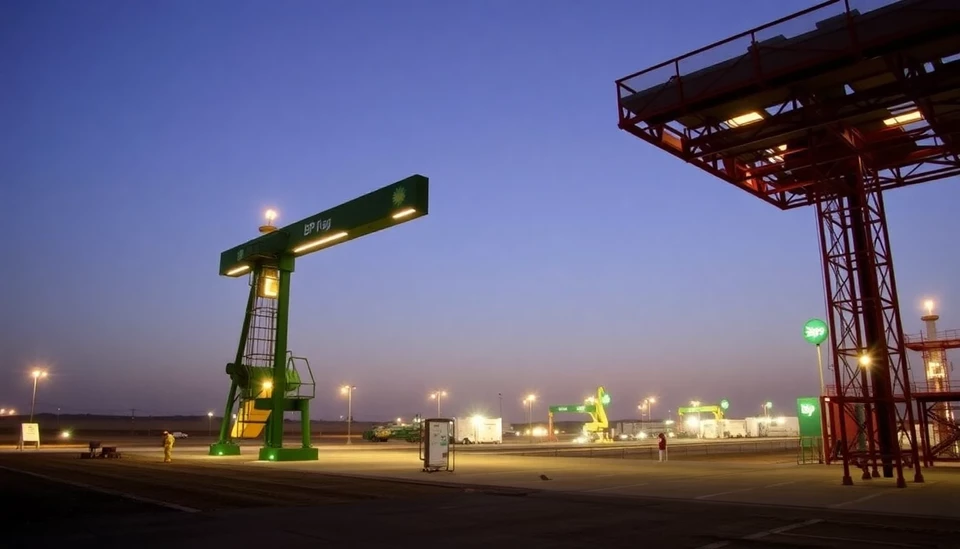
Iraq has recently announced significant changes to oil pricing in its federal budget, citing a substantial downturn in oil market values. As a nation that heavily relies on oil exports for its economic stability, this decision marks a critical response to the ongoing volatility in global oil prices.
The Iraqi government revealed that it plans to reduce the average price of oil forecasted in the federal budget, shifting expectations down to $70 per barrel for the year. This adjustment comes in light of recent trends, which have seen oil prices plummet amid myriad economic pressures, including geopolitical tensions and shifts in demand patterns caused by global events.
Iraq’s Finance Minister has emphasized that this strategic adjustment is necessary to ensure economic resilience amidst fluctuating market conditions. He pointed out that the oil market has become increasingly unpredictable, necessitating a more conservative approach to budgeting to mitigate potential fiscal deficits.
Furthermore, analysts predict that this change could have broader implications on the economy, as oil revenue constitutes a significant portion of Iraq's overall budget. Lower oil prices could lead to reduced government spending, impacting public services and infrastructure projects that are critical to the nation’s development.
This announcement comes on the heels of a complex interdependency between oil prices and Iraq’s economic health. Over the years, oil has been the backbone of the Iraqi economy, contributing to both governmental revenues and foreign exchange earnings. Therefore, close monitoring of oil market trends is essential for the Iraqi government to avoid potential budgetary shortfalls.
The reduction in the projected price is also seen as a direct response to the anticipated lower demand in the global market, with many countries adjusting their energy strategies post-pandemic and reevaluating their oil consumption rates. The Iraqi government is now tasked with preparing for a budget that may need further amendments should the market continue to decline.
As the situation develops, economists and policymakers alike will be watching Iraq’s next moves closely, analyzing how these changes will play out not only within the country but also in the broader global oil market. The government's ability to navigate this economic turbulence will be critical in the months to come.
While it is uncertain how long these market fluctuations will last, Iraq’s proactive approach could potentially stabilize the economy amid this volatile period. The emphasis on adjusting oil price policies reflects a growing recognition of the need for flexibility in economic planning and execution.
#Iraq #OilPrices #EconomicImpact #GlobalMarket #OilRevenue #BudgetAdjustment #FinanceMinister
Author: Laura Mitchell




